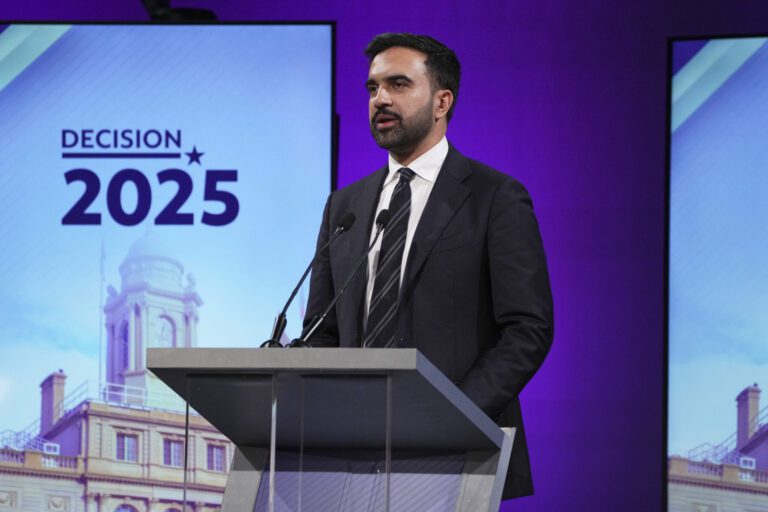TikTok’s Algorithm: Potential Bias in NYC Mayoral Race
A recent study has unveiled claims that TikTok’s algorithm may favor content supporting Zohran Mamdani in the upcoming New York City mayoral election while suppressing videos related to Andrew Cuomo. These findings raise significant concerns about the impact of social media on public opinion and electoral processes.
Understanding TikTok’s Algorithm
The analysis, conducted by Spring AI, challenges the notion that TikTok’s “For You” feed operates neutrally, arguing that instead of merely curating content based on user preferences, the algorithm actively shapes users’ opinions. Yehonatan Dodeles, Chief Technology Officer at Spring AI, highlights a critical question in his Medium post:
"What if the algorithm isn’t just serving what you like, but shaping what you will like?"
This indicates that TikTok’s recommendation system might be more influential in molding emotions and beliefs than previously assumed.
Algorithmic Promotion of Political Content
Spring AI’s research reveals that political content receives significantly more promotion on TikTok compared to other topics. Key findings include:
- General Content Promotion: Approximately 17% of all video categories receive what researchers call “excessive publicity.”
- Political Content Promotion: For political videos, this rate soars to an alarming 55%.
- New York Mayoral Race: Within the political realm, content related to Mamdani consistently outperforms that of Cuomo in terms of algorithmic visibility.
Dodeles noted:
“Pro-Mamdani content substantially exceeded this already-elevated baseline, while pro-Cuomo content fell below it — suggesting not just relative disadvantage but active suppression.”
Methodology of the Study
To explore these claims, Spring AI employed innovative techniques:
- Real and Fake User Profiles: The team monitored how the algorithm served different content to varied user demographics.
- AI Predictions: Utilizing artificial intelligence, researchers predicted the expected views for videos based on engagement patterns, revealing unexpected amplifications or suppressions.
They verified the method’s effectiveness by analyzing paid advertisements on TikTok, successfully identifying over 75% as receiving non-organic promotion.
Implications for Voter Behavior and Public Perception
Dodeles warns that the implications of algorithmic bias could significantly influence electoral outcomes and voters’ understanding of candidates. He stated:
"The algorithm that selects which videos reach which users isn’t just determining what goes viral. It’s shaping what millions of people understand to be true about the world."
Conclusion
As the NYC mayoral race approaches, the potential influence of TikTok’s algorithm raises important questions about the fairness and transparency of social media platforms. Understanding how content is prioritized could play a crucial role in shaping voter perceptions. To keep updated about these developments, follow more insights on algorithmic impacts on social media and electoral processes.
Related Resources
- The Role of Social Media in Elections
- Understanding TikTok Algorithms
- Voter Behavior Influenced by Social Media
Stay informed about the dynamics of social media and politics by exploring these resources and understanding how algorithms influence our perception of reality.


